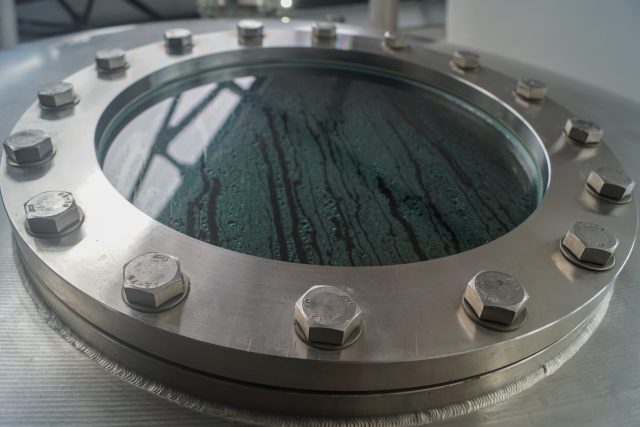Could China’s brewing and distilling industries run out of fresh water?
China’s water shortage is becoming both an issue that could affect the brewing and distilling industry, according to global policy experts.

“Of all Beijing’s problems – demographic decline, a stifling political climate, the stalling or reversal of economic reforms – dwindling natural resources may be the most urgent,” warned Hal Brands, a global policy professor at Johns Hopkins University.
“By some estimates, 80-90% of China’s groundwater and half of its river water is too dirty to drink,” he said and explained that “more than half of its groundwater and one-quarter of its river water cannot even be used for industry or farming.”
Breweries and distilleries that use water sources nearby could be affected by the severity of the situation, especially since neighbouring markets may not be sympathetic to their plight.
“Nature and geopolitics can interact in nasty ways,” said Brands, pointing out that the ways in which China deals with the issue need to be sensitive as they could essentially affect its neighbours’ supply.
“Entire regions, especially in the north, suffer from water scarcity worse than that found in a parched Middle East” he explained, but highlighted how, with water scarcity leading to “well over US$100 billion” in annual losses, “this is an expensive problem” for anyone whose business relies upon having a direct water source.
Partner Content
According to Brands, China running out of water actually poses a threat to its surrounding markets which are also predicted to “face severe drought well into next year,” even though some are located on the “relatively water-rich Pearl River Delta”.
“China’s social compact will be tested as dwindling resources intensify distributional fights” he added and hinted that Beijing’s thirst will bode increasing ill for those beyond its border since it will try to “solve its resource challenges by coercing and impoverishing its neighbours”.
Brands alludes to China’s decision to build huge dams on the Mekong River as projects that have “triggered recurring droughts and devastating floods in Southeast Asian countries such as Thailand and Laos that depend on that waterway” showing that the situation is fractious, as are the solutions.
China reportedly now has plans “to dam key waters before they reach India, leaving that country (and Bangladesh) the losers” such is the need to quickly secure its own water supply.
As the issue continues, businesses reliant upon free-flowing fresh water in Asia – including the drinks sector – could see inevitable price hikes as a result of the shortages. Any drinks companies that use water in the production process will be keen to secure deals ahead of rising costs and make plans to avoid the problem.
Related news
Delamain Cognac is 'optimistic about the future in China'
Carlsberg Hong Kong expands no and low alcohol portfolio
Diageo sells East African Breweries stake to Asahi for US$2.3bn




